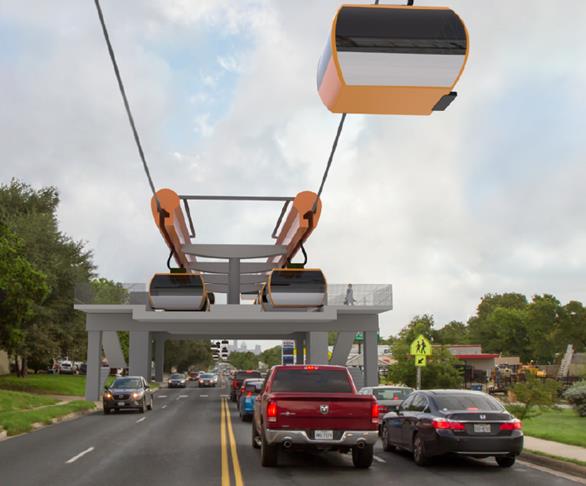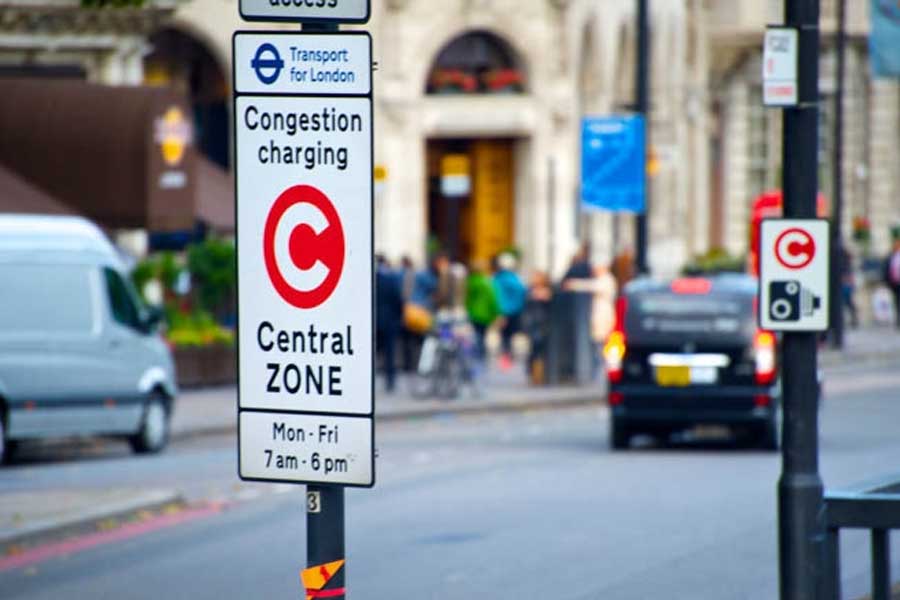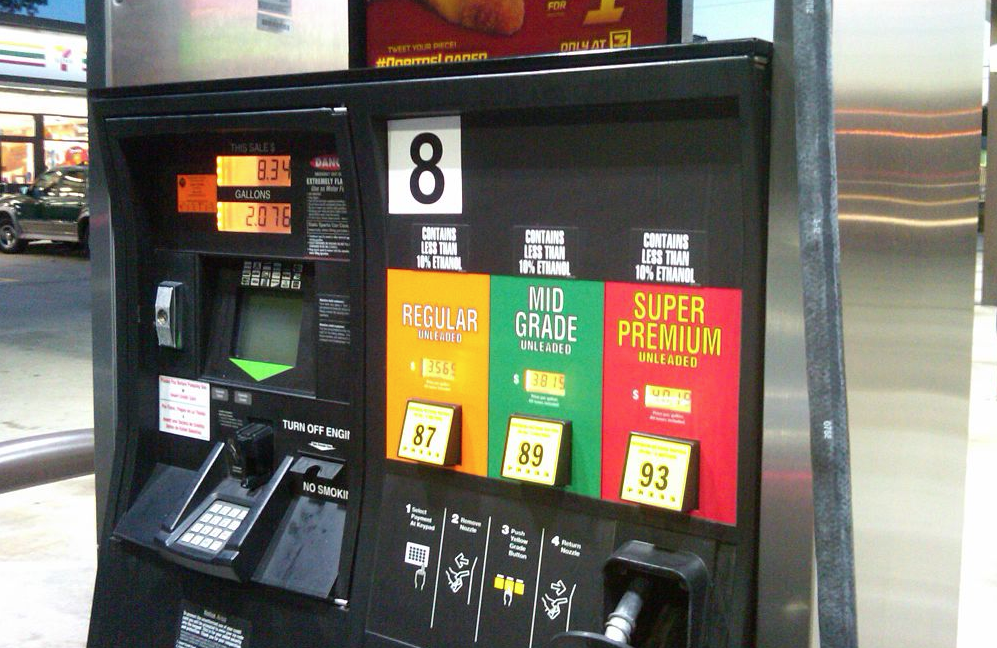Every week, it seems, there's a new story about how gondolas are coming to rescue an American city's transport network.
These credulous stories may be inspired by the tremendous success of Medellín, Colombia, where gondolas are a key part of the transit system and carry about 30,000 riders each day over a mountainous landscape. But -- but! -- this is an unusual case where gondolas make a certain amount of sense because of the city's tricky geography. (You can learn more about it here.)
In American cities, gondolas have mainly served as a distraction from bigger problems facing urban transit systems.
In Washington, DC, local governments, Georgetown University, and the Georgetown BID paid $200,000 to study a gondola connecting Georgetown to Arlington over the Potomac River. The millions in annual operating subsidies didn't sit well with Arlington County, however, which refused to fund the project -- citing more pressing needs. At a time when Metro is facing a crisis of service cuts and fare hikes, it's hard to imagine diverting resources to a gondola.
Likewise, in Austin, Texas, Capital Metro rejected a proposal for an 8.5-mile gondola system with three branches that would cost up to $555 million to build and $6 million to operate annually. The agency concluded that gondolas are suited for "niche" uses, reported KXAN.
The latest city to give gondolas a public hearing is Cleveland, where a tech entrepreneur has proposed a nine-station system serving the greater downtown area. Gondola booster Jon Stahl presented to the City Planning Commission last week hoping to get some approvals that would generate momentum for a $700,000 feasibility study, which he says private investors will pay for. The Plain Dealer's Steve Litt called the planning commission's reception "polite and noncommittal."
For all his enthusiasm, it's not clear what problem Stahl is trying to solve. The proposed gondola system would connect some of the area's top tourist attractions, most of which are already mostly connected by free trolley buses run by RTA, plus a rail line that almost no one rides. With transit fares going up for the second year in a row and the Greater Cleveland Regional Transit Authority facing 10 percent service cuts, the city has bigger transportation problems to solve than getting a gondola off the ground.
Projects like these have a certain appeal to media outlets. They're new! They're flashy! But too many cities are wasting too much time and money on gimmicky distractions instead of the meat and potatoes of running a functional transit system.
More recommended reading today: Greater Greater Washington reports that a new bus line didn't deliver what riders in Mount Rainier, Maryland, were hoping for. And Copenhagenize explains how the Dutch have helped integrate bike infrastructure and transit to boost ridership for both.






